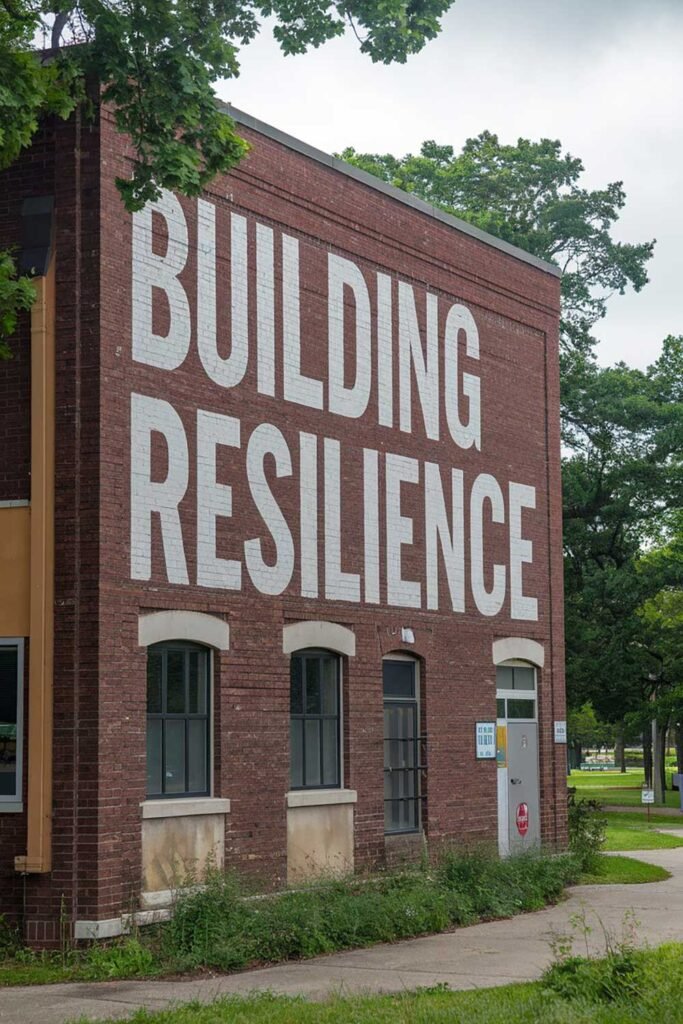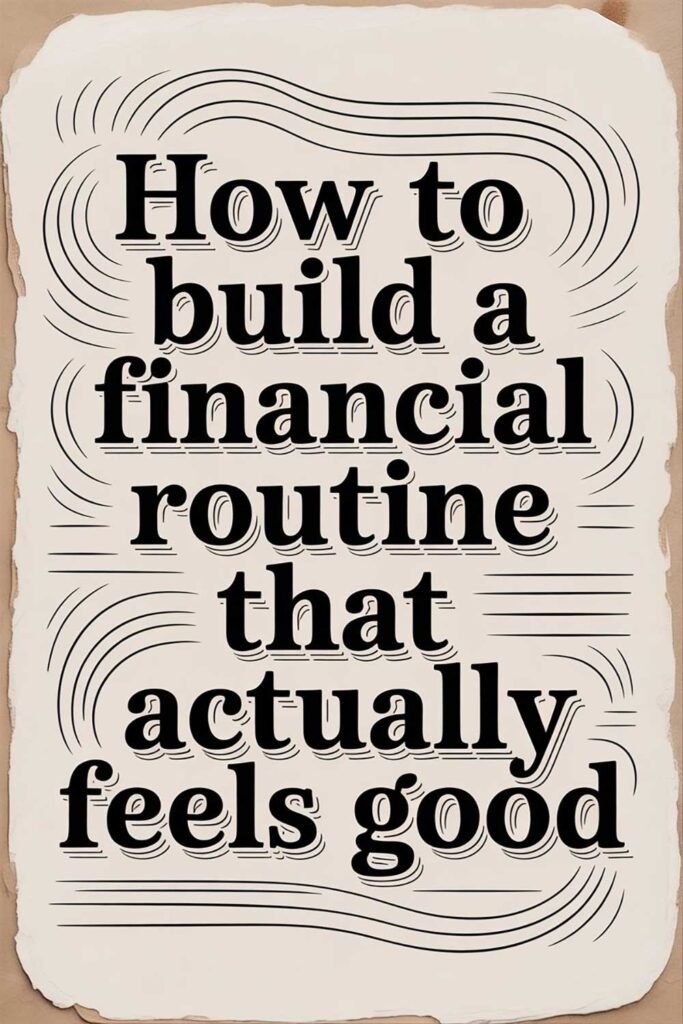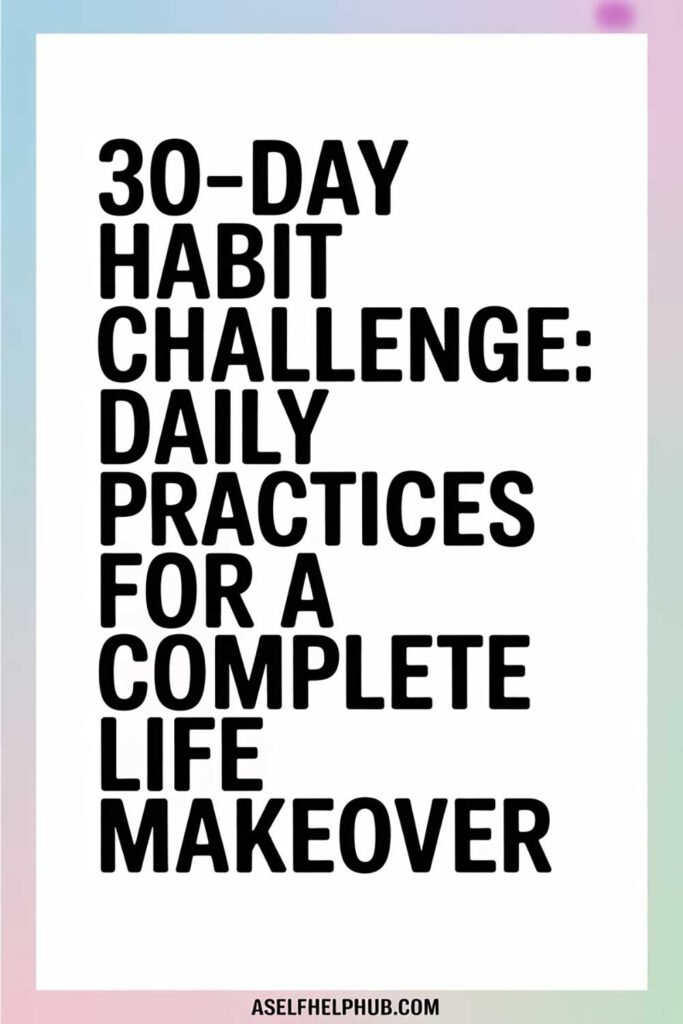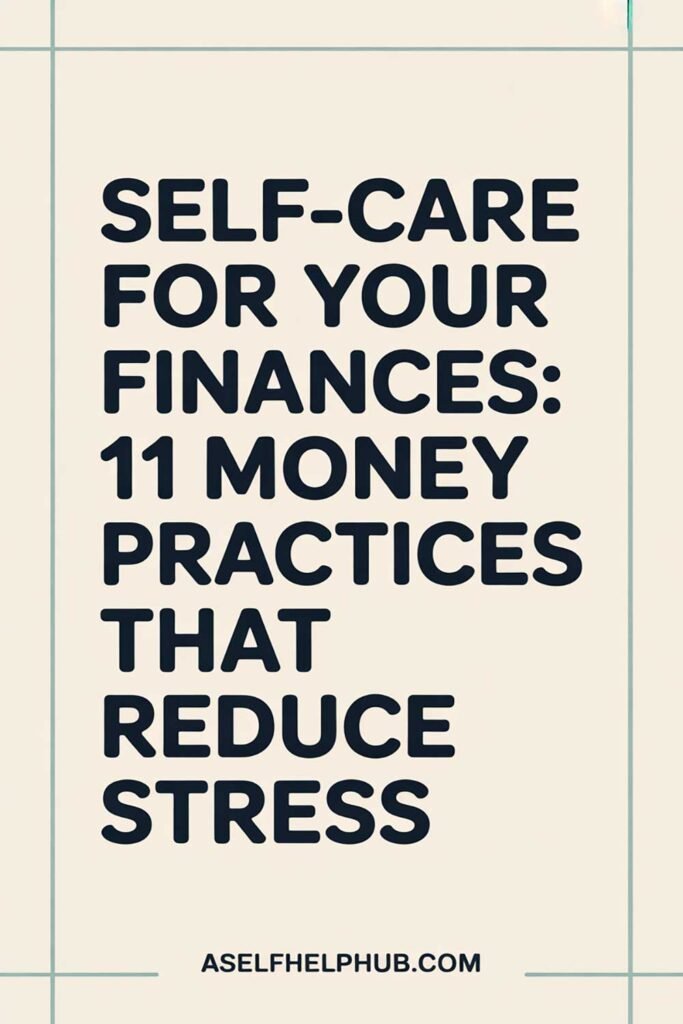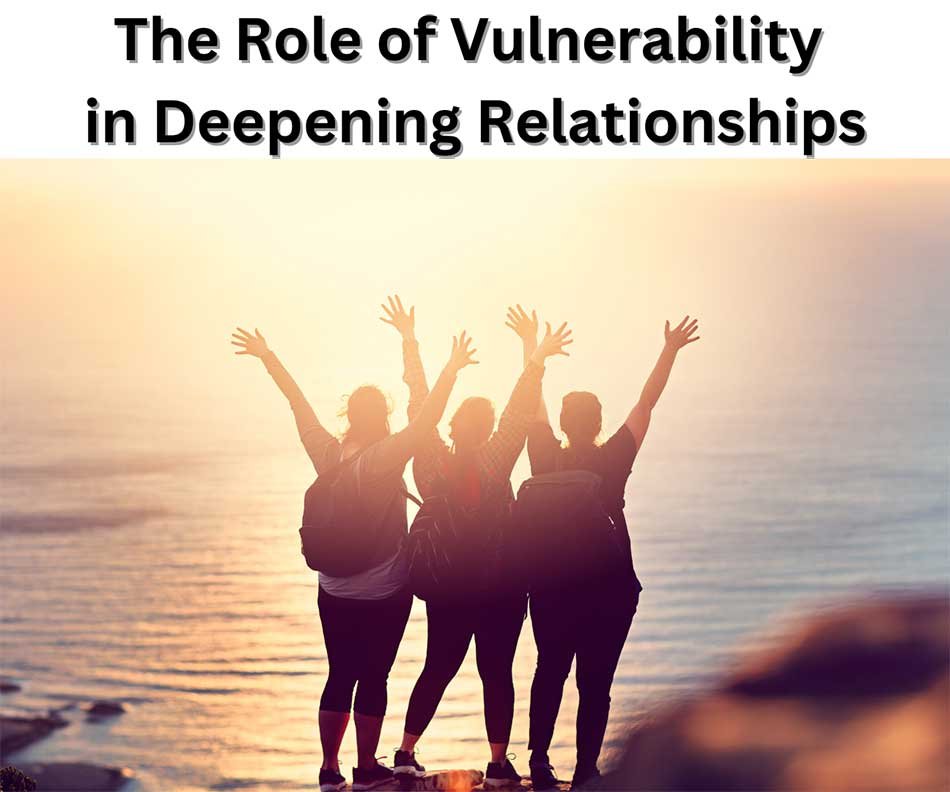
The Role of Vulnerability in Deepening Relationships
Vulnerability often carries a negative connotation, associated with weakness or exposure. However, in the context of relationships, vulnerability is a powerful tool for creating trust, intimacy, and genuine connection. Allowing yourself to be open and authentic fosters deeper bonds and helps relationships flourish.
In this article, we’ll explore the importance of vulnerability, why it can be challenging, and practical ways to embrace it to strengthen your relationships.

Why Vulnerability Matters in Relationships
1. Builds Trust
Sharing your true self signals to others that you trust them, encouraging reciprocity and deepening the bond.
2. Fosters Emotional Intimacy
Opening up about your fears, dreams, or insecurities creates a space for meaningful connection and empathy.
3. Encourages Authenticity
Vulnerability allows you to show up as your genuine self, paving the way for a relationship built on mutual understanding and acceptance.
4. Strengthens Resilience
Navigating vulnerability together helps relationships weather challenges and grow stronger over time.
Common Barriers to Vulnerability
1. Fear of Rejection
The worry that being open might lead to judgment or abandonment can hinder vulnerability.
2. Past Negative Experiences
Previous betrayals or misunderstandings may make it difficult to trust others.
3. Societal Norms
Cultural expectations that equate vulnerability with weakness can discourage openness.
4. Lack of Emotional Awareness
Struggling to identify or articulate your feelings may limit your ability to share them.
How to Embrace Vulnerability in Relationships
1. Start Small
Begin by sharing something minor but meaningful. Gradually increase the depth of your disclosures as trust builds.
- Example: Share a personal story about a small challenge you recently overcame.
2. Practice Active Listening
Creating a safe space for others to share encourages mutual vulnerability. Show empathy and validate their feelings.
- Tip: Use phrases like, “That sounds really difficult” or “Thank you for sharing that with me.”
3. Be Honest About Your Emotions
Acknowledge your feelings and express them clearly. Transparency fosters deeper understanding.
- Example: “I feel nervous about sharing this, but I think it’s important.”
4. Accept Imperfection
Recognize that no one is perfect, and vulnerability doesn’t require having all the answers.
- Tip: Embrace the idea that it’s okay to not always have it together.
5. Build Trust Gradually
Vulnerability thrives in a foundation of trust. Take time to establish reliability and consistency in your relationships.
- Tip: Follow through on commitments to show that you’re dependable.
6. Seek Support When Needed
If vulnerability feels overwhelming, consider discussing it with a therapist or trusted friend to gain confidence and clarity.
The Benefits of Embracing Vulnerability
- Deeper Connections: Relationships flourish when both parties feel seen and understood.
- Improved Communication: Openness invites honest and meaningful conversations.
- Greater Self-Acceptance: Embracing vulnerability helps you accept your own imperfections.
- Enhanced Emotional Health: Sharing emotions reduces stress and fosters resilience.
Picture This
Imagine sharing a fear or insecurity with someone you care about, despite your initial hesitation. Instead of judgment, you’re met with empathy and understanding. Over time, this openness deepens your relationship, creating a bond built on trust and authenticity. By embracing vulnerability, you feel more connected and confident in your relationships, knowing they’re rooted in genuine connection.

